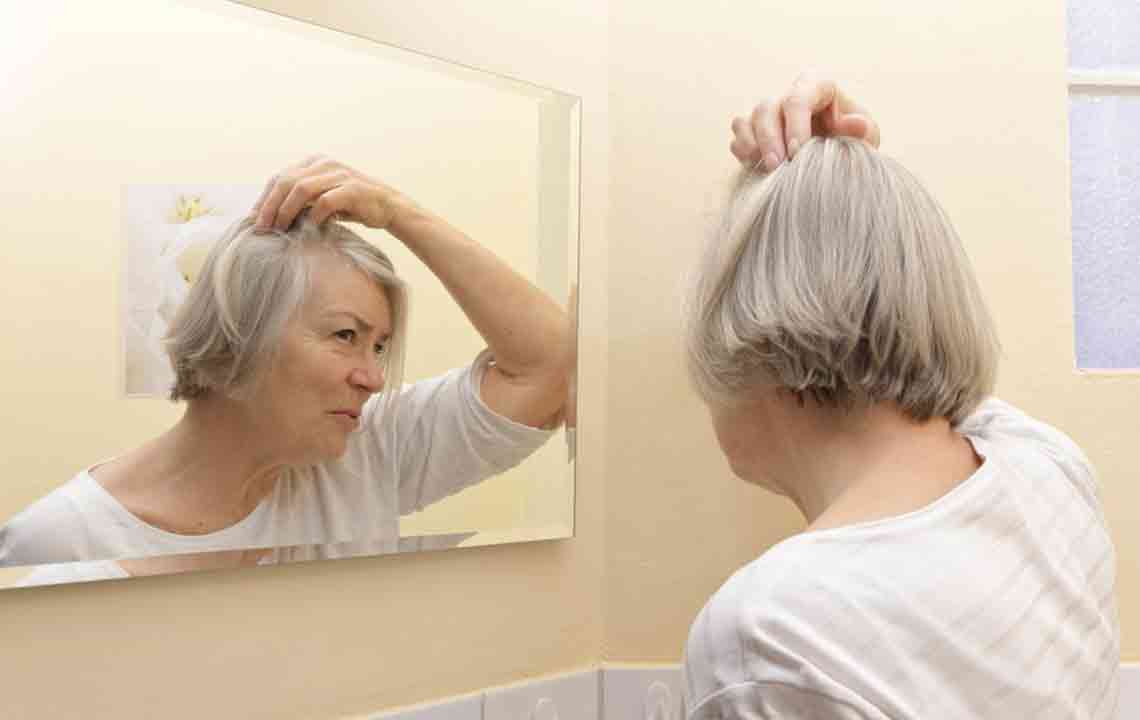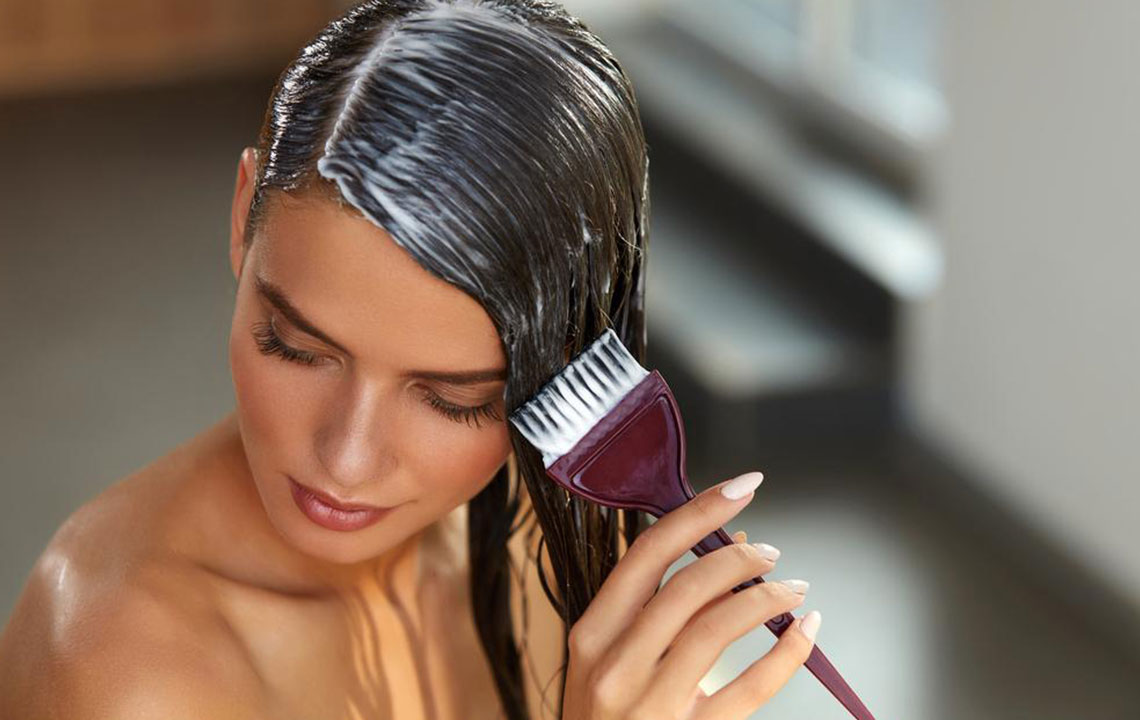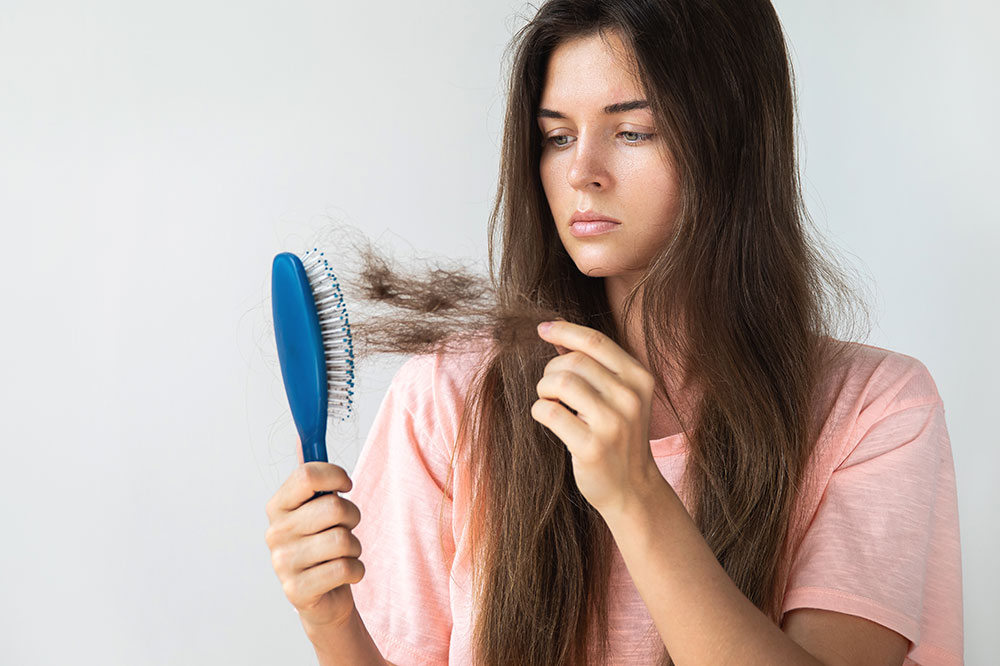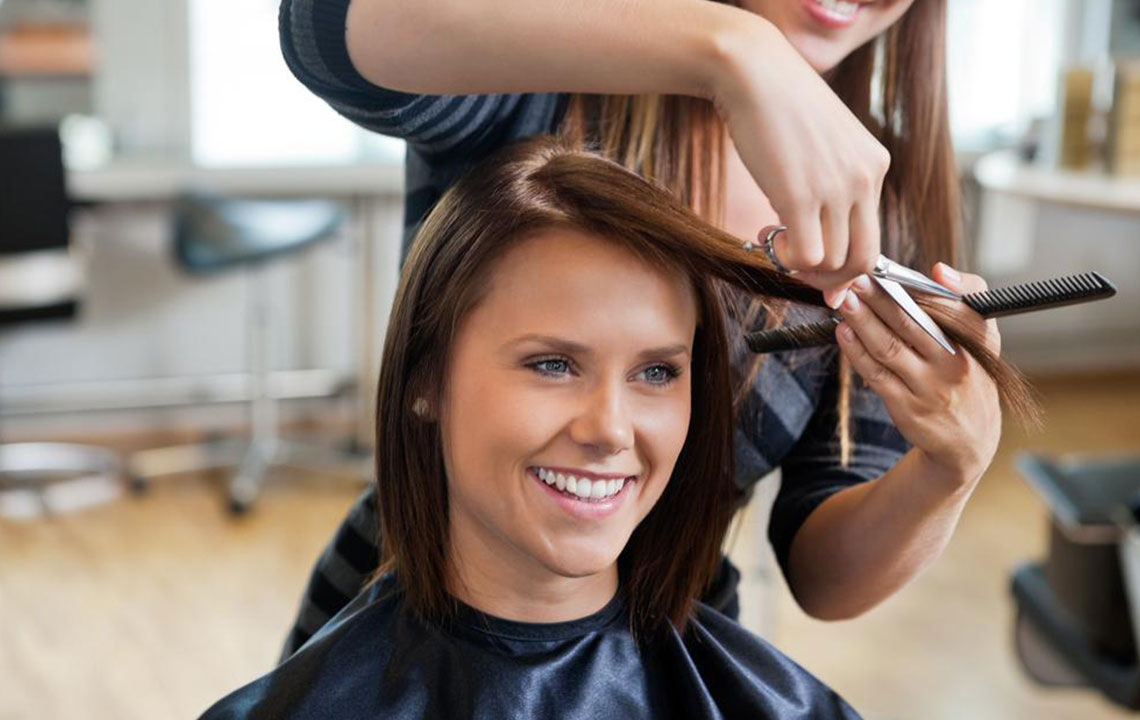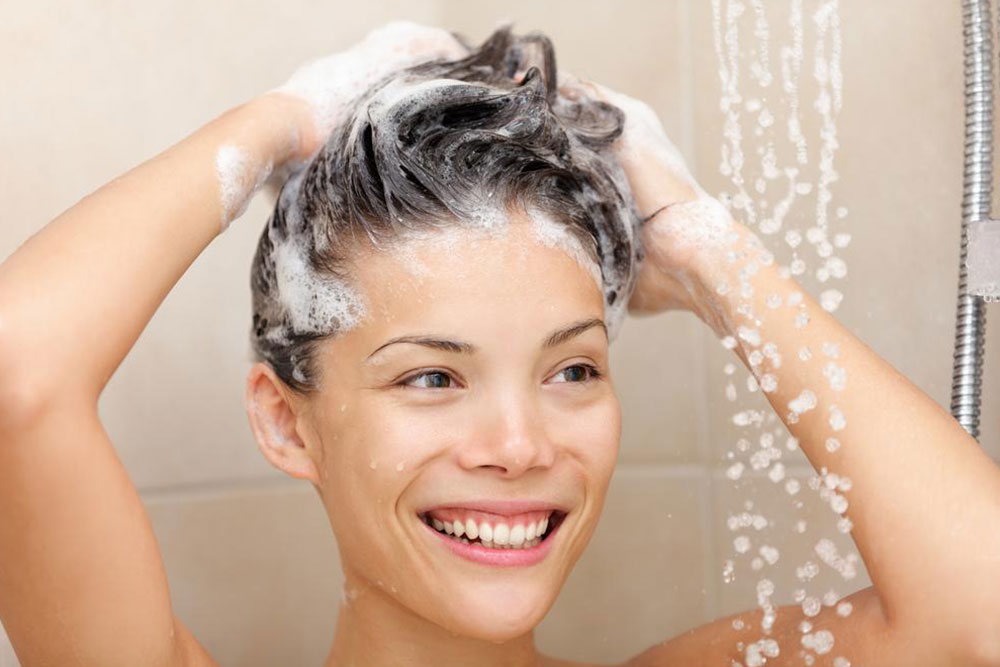Effective Natural Approaches to Combat Hair Thinning and Enhance Hair Growth
Discover effective natural strategies to prevent hair thinning and promote healthy hair growth. The guide covers dietary tips, essential oils, hydration, lifestyle changes, and when to seek professional help, supporting your journey to fuller, healthier hair through holistic and natural methods.
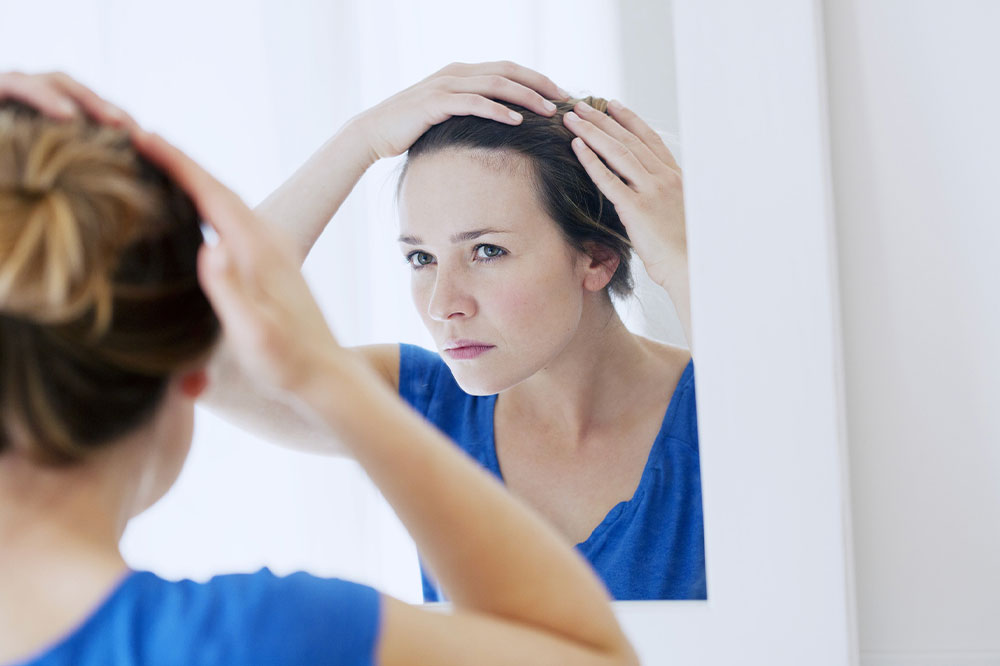
Effective Natural Approaches to Combat Hair Thinning and Enhance Hair Growth
Experiencing excessive hair shedding and noticing thinning hair can be a source of concern for many individuals. Hair plays a crucial role not just in our appearance but also in our confidence and self-esteem. Understanding the underlying causes of hair loss and exploring natural remedies can be incredibly beneficial in maintaining a healthy, full head of hair. This comprehensive guide delves into how hair grows, common causes behind hair thinning, and proven natural strategies to promote hair health and growth. Continue reading to discover effective ways to safeguard your hair and boost its vitality naturally.
Understanding the Mechanisms of Hair Thinning
Hair loss, clinically known as alopecia, refers to the shedding of hair from the scalp’s follicles. Typically, a certain amount of hair shedding—around 50 to 100 strands daily—is normal as part of the hair cycle's natural process. However, when hair loss surpasses this amount, it could be a sign of underlying issues or health concerns requiring attention. Several factors contribute to hair thinning, including genetic predisposition, hormonal fluctuations, chronic stress, poor nutrition, medication side effects, and environmental influences.
Common symptoms associated with hair thinning include bald patches, a noticeable decrease in hair density, increased hair breakage, and excessive hair shedding. Recognizing these signs early can help in taking appropriate measures to prevent further hair loss and stimulate new growth.
To effectively combat hair thinning and encourage healthy growth, it is essential to adopt natural and sustainable strategies. Below are some scientifically supported methods that you can incorporate into your daily routine:
Optimize Your Protein Intake
Since hair is primarily composed of keratin, a fibrous structural protein, ensuring your diet is rich in high-quality protein is vital for hair strength and regeneration. Consuming adequate amounts of lean meats such as chicken and turkey, eggs, dairy products like yogurt and cheese, as well as plant-based proteins such as legumes, nuts, seeds, and tofu can bolster your body’s ability to produce healthy hair. A balanced diet rich in proteins provides the foundational building blocks for hair growth and helps prevent brittleness and hair breakage.
Maintain Proper Hydration
Water is often underestimated but is crucial for healthy hair. Hydration supports the transportation of nutrients to hair follicles and helps maintain scalp health. Dehydration can lead to dry, brittle hair prone to breakage. It is recommended to drink at least 8-10 glasses of water daily. Additionally, incorporate water-rich foods like cucumbers, melons, berries, and oranges into your diet to enhance hydration levels from within.
Incorporate Natural Essential Oils
Essential oils have been used for centuries to support hair health. Oils such as jojoba, peppermint, lavender, rosemary, and ginseng possess properties that stimulate scalp circulation, nourish hair follicles, and promote growth. Jojoba oil, in particular, mimics the scalp’s natural sebum and offers anti-inflammatory benefits that soothe the scalp. These oils can be massaged directly into the scalp to improve blood flow or added to shampoos and conditioners for an all-natural boost. Regular scalp massage with these oils can help increase circulation and activate hair follicle growth.
Adopt a Holistic Lifestyle
Beyond dietary and topical strategies, maintaining a holistic approach to health significantly impacts hair growth. Managing stress through practices like yoga, meditation, or deep breathing exercises reduces cortisol levels that can otherwise contribute to hair loss. Regular physical activity boosts circulation and enhances nutrient delivery to hair follicles. Avoiding harsh chemical treatments, excessive heat styling, and tight hairstyles minimizes mechanical damage and breakage. Prioritizing sleep and reducing exposure to environmental pollutants also play essential roles in sustaining hair vitality.
Consult Professionals for Persistent Hair Loss
If natural remedies do not yield significant improvements, it’s important to consult a dermatologist or trichologist. They can help identify underlying medical conditions such as hormonal imbalances, thyroid issues, or scalp infections that might be causing hair loss. Personalized treatments, including topical medications, supplements, or other interventions, may be necessary for ongoing problems. Early diagnosis and intervention can significantly improve outcomes.
Final Thoughts: Embrace Natural Methods for Long-Term Hair Health
Hair thinning is a common concern affecting individuals of all ages. By making informed lifestyle choices—such as a balanced diet rich in proteins, staying well-hydrated, utilizing natural essential oils, and managing stress—you can support your hair’s natural growth cycle. Combining these natural strategies with professional medical advice when needed provides a comprehensive approach to maintaining healthy, resilient hair. Remember, consistency is key; patience and persistence will yield the most effective results in promoting hair regeneration and restoration.
